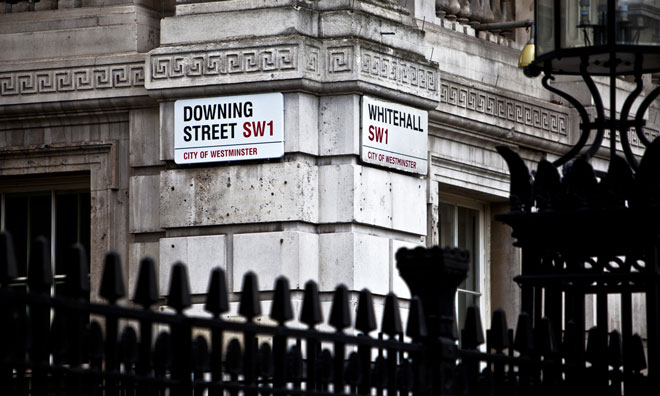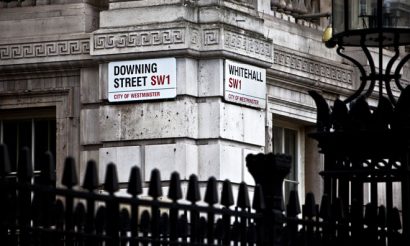Oxford Economics: 4,000 jobs at risk from UK sugar tax
- Like
- Digg
- Del
- Tumblr
- VKontakte
- Buffer
- Love This
- Odnoklassniki
- Meneame
- Blogger
- Amazon
- Yahoo Mail
- Gmail
- AOL
- Newsvine
- HackerNews
- Evernote
- MySpace
- Mail.ru
- Viadeo
- Line
- Comments
- Yummly
- SMS
- Viber
- Telegram
- Subscribe
- Skype
- Facebook Messenger
- Kakao
- LiveJournal
- Yammer
- Edgar
- Fintel
- Mix
- Instapaper
- Copy Link
Posted: 11 August 2016 | Roy Manuell | No comments yet
Macroeconomic and industrial forecasting experts Oxford Economics predict that the UK may put 4,000 jobs at risk in the introduction of a new sugar tax.


Macroeconomic and industrial forecasting experts Oxford Economics predict that the UK may put 4,000 jobs at risk in the introduction of a new sugar tax.


Furthermore, according to the report, the changes would only reduce intake by a measly 5 calories but cost the economy £132m and an estimated 4,000 jobs.
The proposed changes, set for April 2018, are to come into force in an attempt to tackle the problem of obesity.
This follows on from last week’s news that several supermarkets might be considered to ‘promote’ obesity via their marketing strategies.
5 calories however, is equivalent to just one bite of an apple leading some experts from Oxford Economics to criticise the planned law with London and the South-East expected to be hardest hit in economic terms.
Nick Stewart, senior economist at Oxford Economics said in a statement:
“These are significant losses considering we estimate the tax will only lead to a reduction of just 5 calories per person, per day.”
To put the predicted job loss into perspective: the UK soft drinks industry is estimated to provide 350,000 employment opportunities to the nation in 2015 and provide £6.4bn to the UK.
The tax levy is expected to raise £504m in tax for the Exchequer.
Obesity is an obvious societal issue and has been recently addressed with a 16% consumption reduction from soft drinks since 2012.
Consequently, Gavin Partington, Director General of trade association with the British Soft Drinks Association (BDSA), argues that the tax is “unnecessary and harmful to our economy.
“Post-Brexit, securing investement and jobs is more important than ever. This data shows the soft drink tax is not only ineffective in fighting obesity, but will come at a significant price for the economy, costing thousands of jobs.”
While the issue is clearly a hot topic it remains to be seen what approach Theresa May’s new premiership will take towards the sugar tax.
The report can be read in full here.








